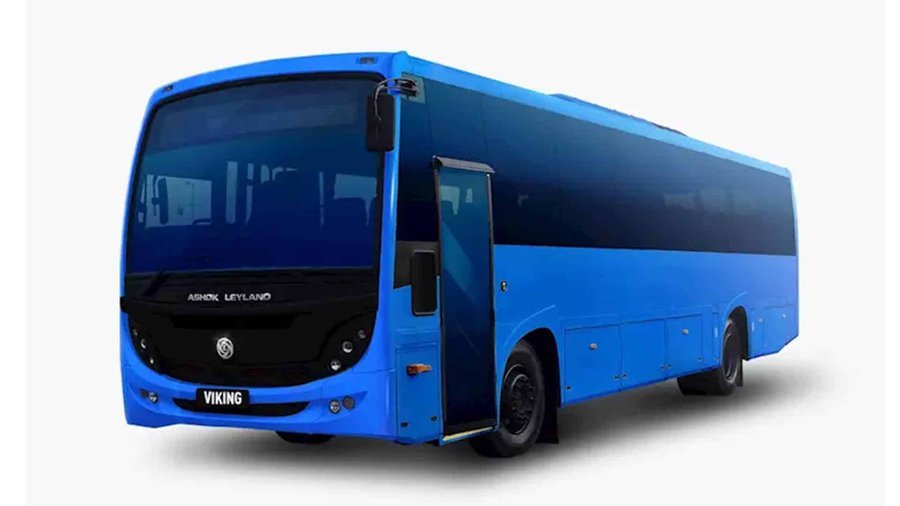News List
Ashok Leyland to begin EV bus production in Lucknow within two months (Around September)

Ashok Leyland, one of India’s biggest names in commercial vehicles and part of the Hinduja Group, is just weeks away from firing up production at its brand-new electric bus plant in the city. If all goes to plan, the first batch will roll through the streets by September 2025.This isn’t just another factory opening. For Uttar Pradesh, it’s a big step towards cleaner air, greener transport, and becoming a hub for sustainable industry.During a recent meeting with Uttar Pradesh Chief Secretary Manoj Kumar Singh, senior representatives from the Hinduja Group confirmed that the Lucknow EV plant is ready to go — built in an impressive 18 months. The conversation didn’t stop at buses; the group also discussed broader investment plans, ranging from electric mobility and charging networks to renewable energy, insurance, and digital connectivity. Proposals include massive renewable projects, such as a 600 MW solar initiative in Jhansi and a 1,000 MW pumped storage project in Mirzapur, potentially adding 3–4 GW to the state’s green energy capacity. The company has also sought more land to support future expansions, signalling a long-term commitment to making Uttar Pradesh a key hub for both clean transport and sustainable power.
A Factory Built for the Future
The new facility sits on a massive 70-acre site in Sarojini Nagar, right off the Lucknow–Kanpur National Highway — land that once belonged to Scooter India Limited. In just 18 months, the site has been transformed into a state-of-the-art plant designed to churn out 2,500 electric buses every year. And if demand soars, it can double that number to 5,000.This is Ashok Leyland’s seventh manufacturing unit in India, but it’s the first in the state to focus on electric mobility. From the get-go, sustainability has been baked into its design.
More Than Just Buses
For the state government, this project is about much more than manufacturing. It’s part of a broader push to modernise public transport, cut emissions, and boost local industry. The Hinduja Group is also investing in renewable energy projects and an EV charging network, laying the groundwork for a greener transport ecosystem.The plant will directly and indirectly create around 500 jobs, and with suppliers and supporting industries likely to set up shop nearby, the ripple effect could be even bigger.
Why It Matters
Across the country, cities are under pressure to tackle air pollution and meet climate targets. Electric buses are quickly becoming a practical — and necessary — solution.Lucknow’s new plant won’t just cater to Indian cities; it’s also expected to serve overseas markets. Plans are already in the works to add research and development facilities, which could put the city on the map as a centre for EV innovation.
The Road Ahead
Come September 2025, the first fleet of locally made electric buses will be on the streets of Lucknow. And this could just be the beginning — Ashok Leyland is exploring making other electric and alternative-fuel vehicles here, potentially turning the plant into a flagship hub for the company’s green future.
Bottom Line
This isn’t just about buses. It’s about cleaner air, new jobs, smarter cities, and a big vote of confidence in India’s electric mobility journey. For Lucknow, the future isn’t just arriving — it’s being built right here.
